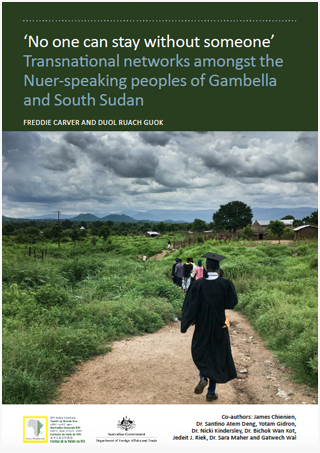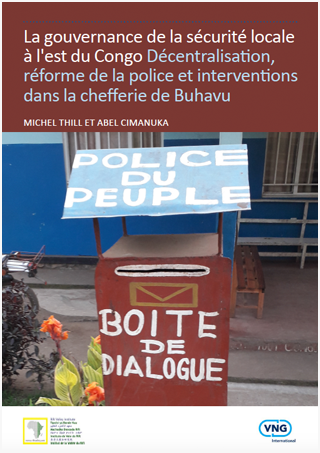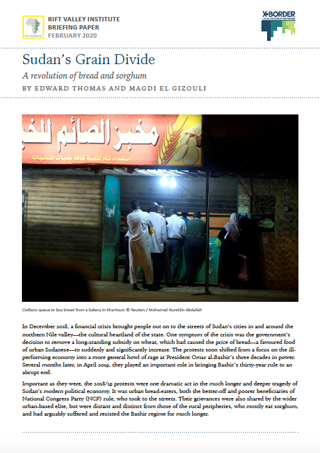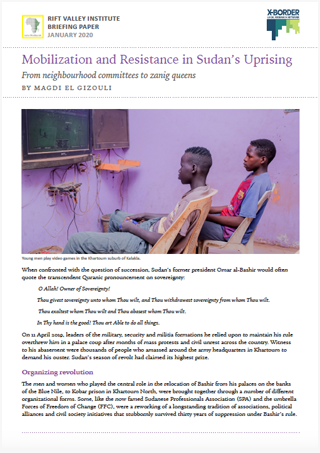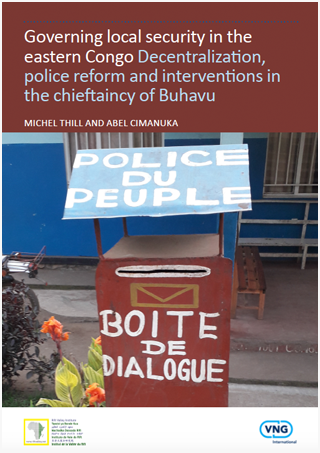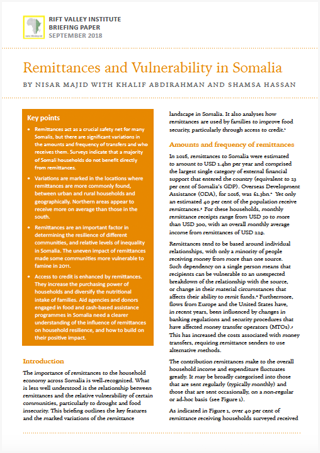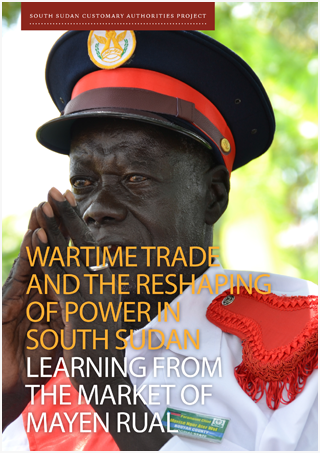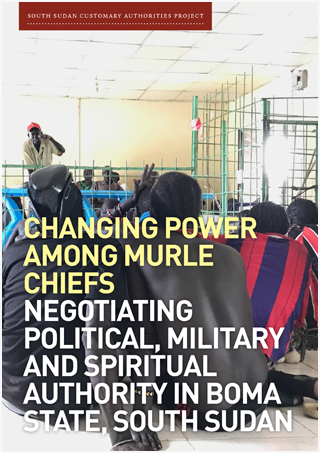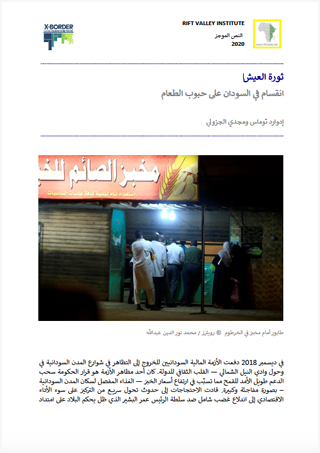
RVI publishes books, research reports, research papers, briefings and meeting reports in a range of formats. Publications cover policy, research, arts, culture and local knowledge in the countries of eastern and central Africa. Research publications—books, reports and papers—are peer-reviewed. Some RVI publications are also available in French and/or Arabic.
The RVI is a signatory of the Budapest Open Access Initiative (2001); all publications are free for download in PDF format under Creative Commons licences. The views expressed in books and reports published by the RVI are those of the authors, not the Institute.
SEARCH
PUBLICATION TYPE
LANGUAGE
REGION
COUNTRY
Over the last 50 years, the various conflicts afflicting South Sudan have caused massive displacements of people. Latest estimates suggest there are more than 1.5 million internally displaced people (IDPs) within the country’s borders, with another 2.2 million refugees…
En 2019, le gouvernement congolais s’est engagé à relancer la réforme de la police après l’arrêt d’un programme pilote en 2014 en raison de violations des droits de l’homme commises par la Police Nationale Congolaise. Pendant ce temps, le…
This briefing unpacks the connected political and economic crisis that reached a climax in early 2019 through the contrasting but connected worlds of Sudan’s bread and sorghum eaters. Its conclusion presents the limited options available to the as…
RVI Fellow Magdi el-Gizouli’s briefing examines the forms of popular resistance and organization that emerged within Sudan’s uprising in 2018-19. He considers whether the new transitional government, which must balance the interests of Sudan’s different social groups, will…
In 2019, the Congolese government pledged to reinvigorate police reform after a pilot programme was shut down in 2014 due to human rights abuses committed by the Congolese National Police. Meanwhile, the government in South Kivu called for the…
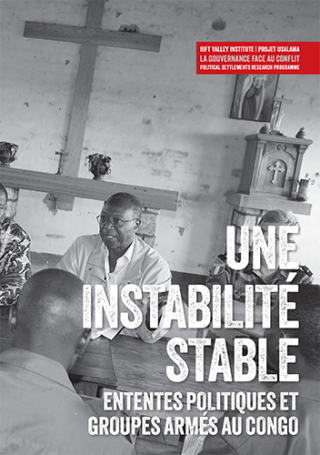
- Download
Après plus de deux décennies de conflit violent permanent, les groupes armés—quel que soit le caractère plus ou moins fugace de leur existence—sont devenus une caractéristique incontournable de l’ordre socio-politique au Congo oriental. Ils n’y sont pas une aberration…
The importance of remittances to the household economy across Somalia is well-recognized. What is less well understood is the relationship between remittances and the relative vulnerability of certain communities, particularly to drought and food insecurity. This briefing outlines the…
During war, geographies of economic and political power are often recast by shifting patterns of trade and population movements. This can present an opportunity for local leaders to reshape legal and moral logics to attract trade and people to…
International, national and local political discourses often portray the Murle community as principal aggressors and the source of much of the instability affecting former Jonglei State in South Sudan. Although such negative stereotypes are partially driven by actual events,…
Recent Publications

EWNET Writes: Writing Workshop Session I
December 18, 2025
The Ethiopian Women Researchers Network (EWNET) inaugural writing workshop series aims to not only provide women researchers with uninterrupted time for their scholarly projects, but also build a supportive academic community. The first session, entitled ‘EWNET Writes: Writing Workshop Session

SSC-Khaatumo: Perspectives on the significance and implications of its formation
December 12, 2025
On 15 April 2025, during a visit to the city of Las Anod in Sool, Prime Minister Hassan Abdi Barre officially declared the federal government’s recognition of SSC-Khaatumo (SSC-K hereafter) as a federal member state, marking an important milestone in

Aid and Conflict Sensitivity in Contemporary Ethiopia
November 17, 2025
This study assesses conflict sensitivity practices among humanitarian, development and peacebuilding (HDP) actors in Ethiopia. It seeks to raise awareness and foster a deeper understanding of the evolving aid landscape in the country while analysing the challenges that affect conflict-sensitive

